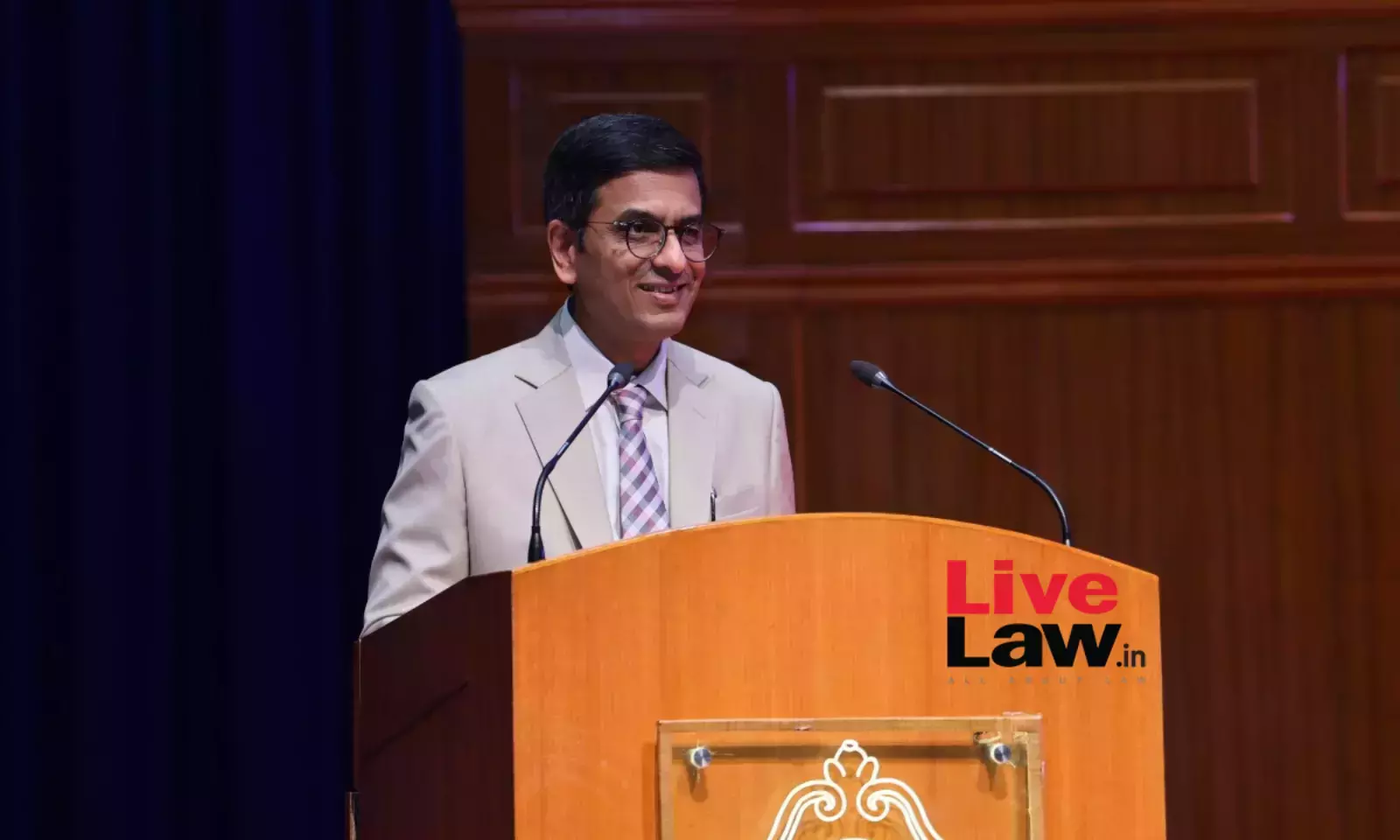Mental Health And Well-Being Of District Judicial Officers Often Overlooked : CJI DY Chandrachud
Anmol Kaur Bawa
31 Aug 2024 12:25 PM IST

Next Story
31 Aug 2024 12:25 PM IST
Chief Justice of India DY Chandrachud today (August 31) highlighted the need for openly discussing issues of mental health amongst district judicial officers considering the immense work pressure faced by them. The CJI was speaking at the inaugural ceremony of the 'National Conference on the District Judiciary' at the Supreme Court. The CJI in his address underlined how judicial...
